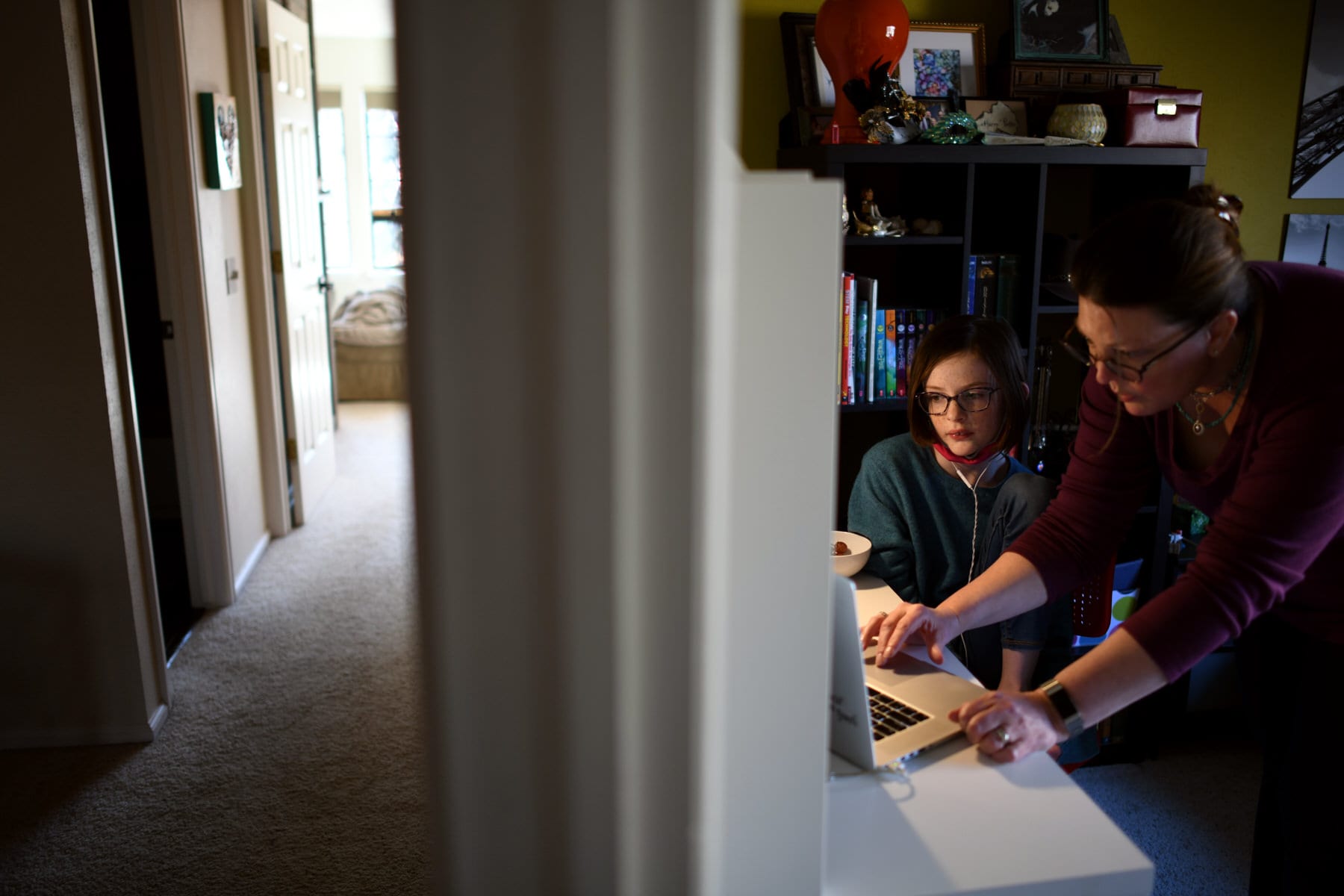The professional networking site LinkedIn announced it would allow users to identify themselves as stay-at-home parents, a recognition of caregivers and those who are not a part of the traditional workforce. Experts say this has the potential to destigmatize the work of caregivers both in and out of the home and level the playing field for employment.
“I think it’s really a welcome inclusion to be able to record any form of caregiving in places that are usually reserved for what’s often been referred to as productive labor versus reproductive labor,” said Corey Shdaimah, a professor of social justice at the University of Maryland, who noted that the burden of caregiving disproportionately falls on women and women of color.
LinkedIn will allow users to write “stay-at-home mom,” “stay-at-home dad” or “stay-at-home parent,” and will also begin to include options for “parental leave,” “sabbatical” and “family leave.” Many women and mothers, in particular, voiced concern about the platform’s limited options to reflect work and skill sets, especially during the pandemic, Bef Ayenew, LinkedIn’s engineering director, told CBS News. This move came after writer Heather Bolen criticized the platform’s lack of recognition for caregivers; she worked as a stay-at-home mom and did not have a way to accurately represent it on her digital resume.
Women — especially Black women — and LGBTQ+ people have been disproportionately pushed out of the workforce since the start of the pandemic over a year ago. Roughly 3 million women have lost jobs since the pandemic began, according to Labor Department data. Experts say though LinkedIn’s choice is a step forward, it is also important for there to be options in job applications across the board to explain specific gaps in employment as the pandemic lingers on. Women have also faced the burden of online schooling for their children as well as the closure of daycares and child care centers.
LinkedIn’s changes could have the potential to normalize the work of caregivers in a way that recognizes their unique abilities, Shdaimah said. Incorporating stay-at-home caregivers on a professional page could show employers experience from organization and management to multitasking and budgeting. These traits could make caregivers an asset to workplaces that largely left them out of the discussion, Shdaimah said.
“What are the skills that it takes to run your home? Or even juggle part-time work?” Shdaimah said. “These skills are transferable skills anywhere, and they get to count.”
Experts say addressing caregiving and familial responsibilities should be a natural part of many career trajectories and should be reflected in them.
“Even as access to paid family and medical leave expands across the U.S., there will still be some who choose to take time away from paid work, or who have no choice but to do so to care for a loved one in need,” said Jennifer Greenfield, an associate professor at the University of Denver and an expert in child care. “With the cost of childcare remaining out of reach for many families, it will still be the more affordable choice for some to stay home when kids are young, and it would be fantastic if this choice didn’t have devastating consequences for parents’ employment and income down the road.”
The pandemic has uncovered the essential need for accessible child care, and the large financial burden mainly women face when deciding whether or not to stay home with their children or find work to afford child care programs, said Addie Swartz, the CEO of ReacHIRE, a program aimed at creating a pipeline for people to reenter the workforce later in their life. Further outlining the option to denote caregivers on a widely used networking site will continue to elevate the importance of child care, she said.
“The roles that daycare and schooling and child care play in a woman’s ability to work are critical, and yet, I don’t think that they were ever in the light of day,” Swartz said.
For Shdaimah, the “sheer number” of women who have left the workforce because of caregiving responsibilities should shed light on the immense need society has for them, she said.
Both Shdaimah and Swartz also hope this change challenges the prestige associated with platforms that solely reward and encourage traditional work.
“Fitting somebody into a job description is just not the answer,” Swartz said. “Look past the career gaps and really force corporations to look at individuals’ broader skill sets.”
While this change is a recognition and possible step forward, it all will depend on how employers view applicants who have been out of the workforce, whether that was forced or voluntary.
“If workplaces are truly committed to diverse and equitable care to being diverse and equitable workplaces, they need to consider the reasons why people might have had to come out of the workforce, and they need to put their money where their mouth is and not penalize people for that,” Shdaimah said.





